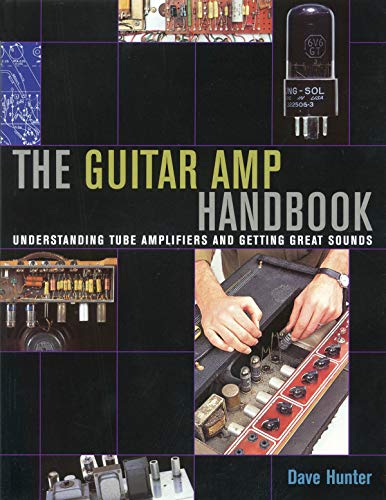If your heart skips a beat when the meter falls from the bench, its not a good meter....
My heart is fine.
Unfortunately all my meters already fell of the bench a couple of times.
The UniT handled it very well, the Fluke didn’t.
But of course the best thing is to avoid that as much as possible, any piece of gear can get damaged in a fall, the best thing is avoiding it in the first place.

































